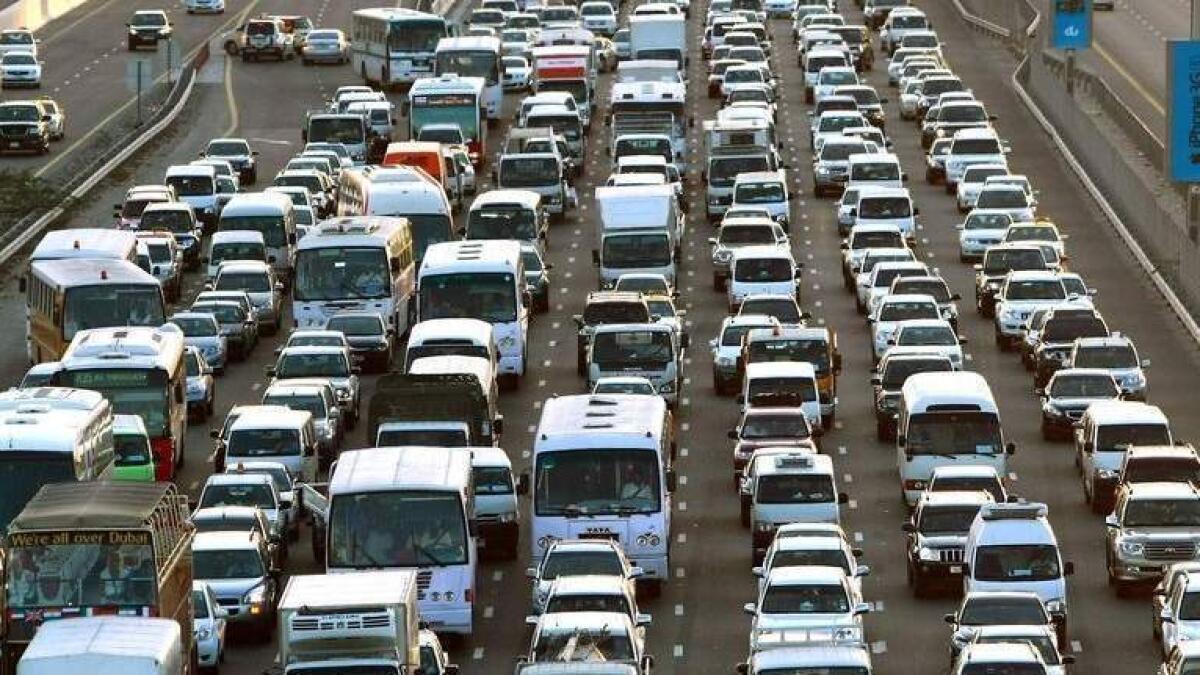Road congestion in the UAE has worsened recently due to the re-opening of schools and the return of residents from their summer holidays. The country has one of the highest car ownership rates in the world, with many residents considering private vehicles essential for daily commutes. In Dubai alone, registered vehicles with Salik tags have increased by 8.8% compared to the previous year, highlighting the dependence on cars for transportation in the region.
The odd-even scheme, also known as road space rationing, has been implemented in multiple cities worldwide to mitigate traffic congestion and air pollution. This scheme takes some cars off the road on different days of the week based on the ending number of the license plate. While the scheme seems equitable and can reduce traffic congestion, households with more cars may be less affected, leading to higher vehicle ownership rates and increased demand for parking.
To effectively implement the odd-even scheme in a metropolitan city like Dubai, it is crucial to have alternative transportation options available. Dr. Monica Menendez, an engineering expert, suggests implementing the scheme on specific roads or areas of the city rather than city-wide. Improving public transportation and other alternative transportation modes is key to the success of such road space rationing schemes.
Transportation experts and urban planners have also proposed congestion charges or tariffs on motorists entering and driving in busy areas at certain times of the day as a measure to reduce traffic, cut pollution, and raise money for mass transit. However, Dr. Menendez emphasizes that a combination of strategies is needed to address traffic-related problems effectively. Promoting sustainable and climate-friendly modes of transit while discouraging the use of cars through various schemes is essential for long-term solutions.










